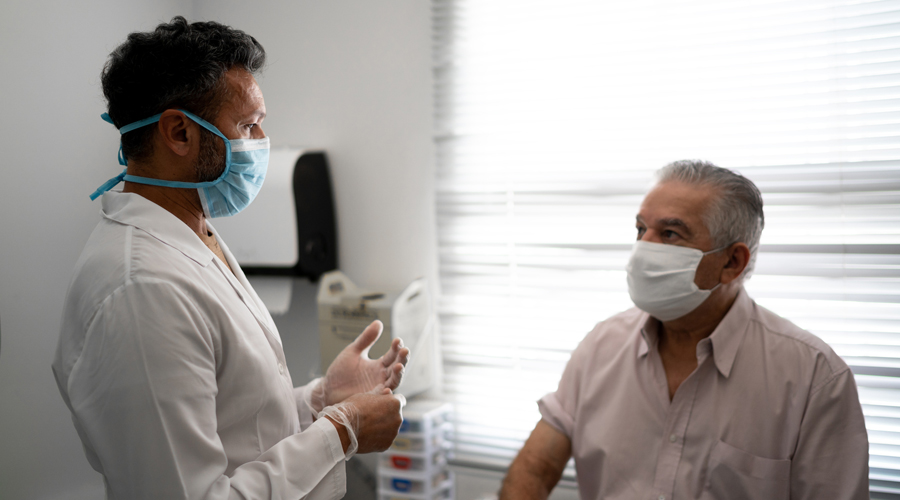March is National Colorectal Cancer Awareness Month, a time to learn about a disease that affects the colon or rectum.
Nearly all colorectal cancers begin as precancerous polyps — abnormal growths — in the colon or rectum. Polyps and colorectal cancer don’t always cause symptoms, especially at first.
According to the Centers for Disease Control and Prevention, regular screening, beginning at age 45, is the key to preventing colorectal cancer.
Screening can find polyps so they can be removed before turning into cancer. Screening can also detect cancer at an early stage when treatment works best.
You may need to be tested earlier than age 45, or more often than others, if you or a close relative have had colorectal polyps or colorectal cancer, you have an inflammatory bowel disease, such as Crohn’s disease or ulcerative colitis, or you have certain genetic syndromes.
Screening tests are done when you have no signs or symptoms.
If you have symptoms, which may include a change in bowel habits, blood in or on your stool, diarrhea, constipation, feeling that the bowel does not empty all the way, or continual abdominal pain or cramps, talk to your doctor.
The Centers for Disease Control and Prevention website has more information on colorectal cancer, while the Wellness LiteBlue page has overall health information.
This information should not be construed as medical advice. Individuals should always consult with their doctor.

